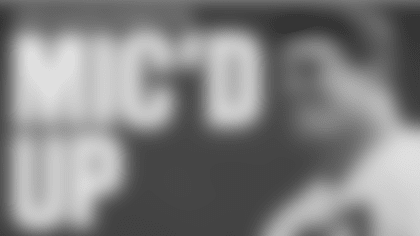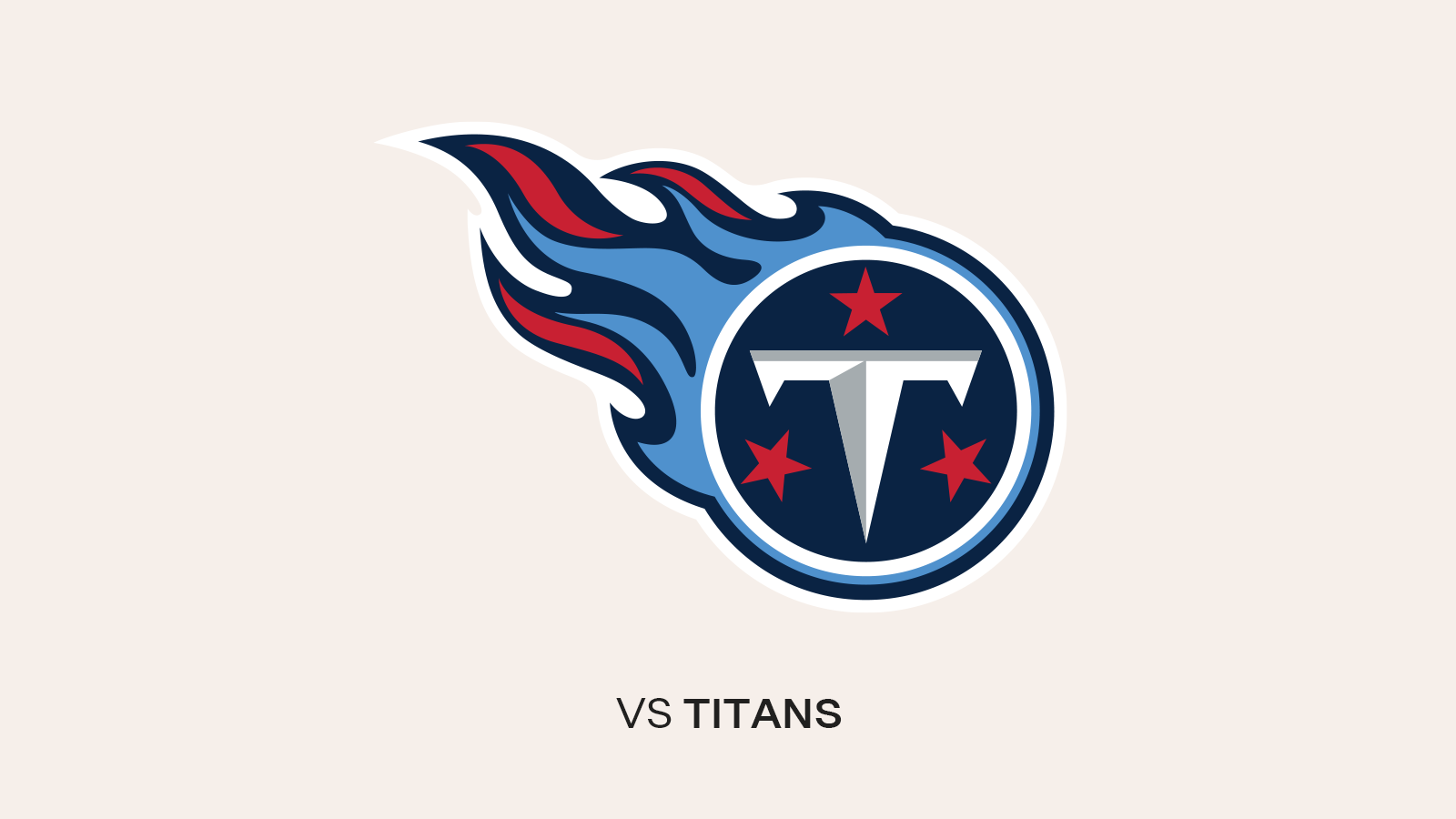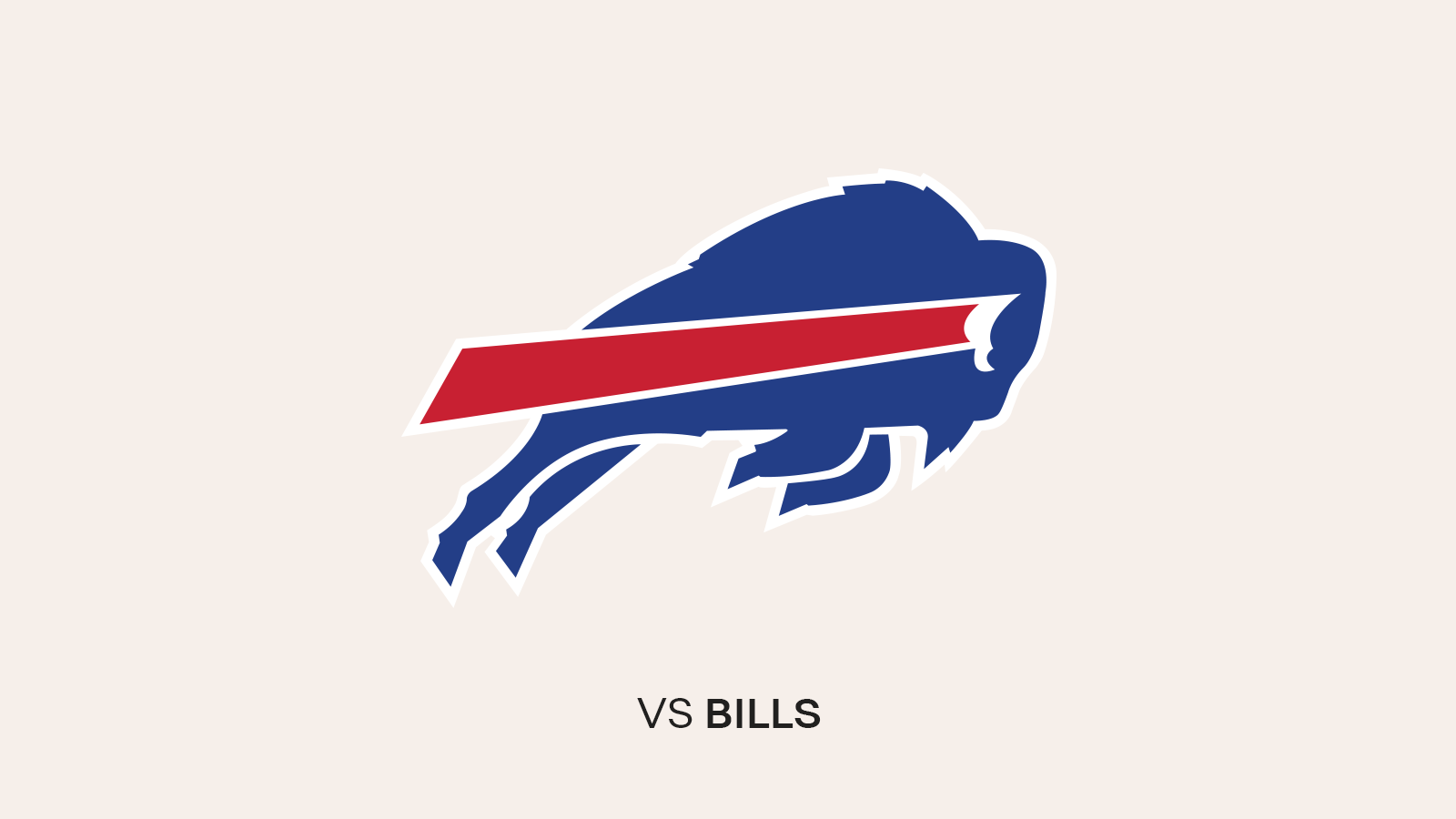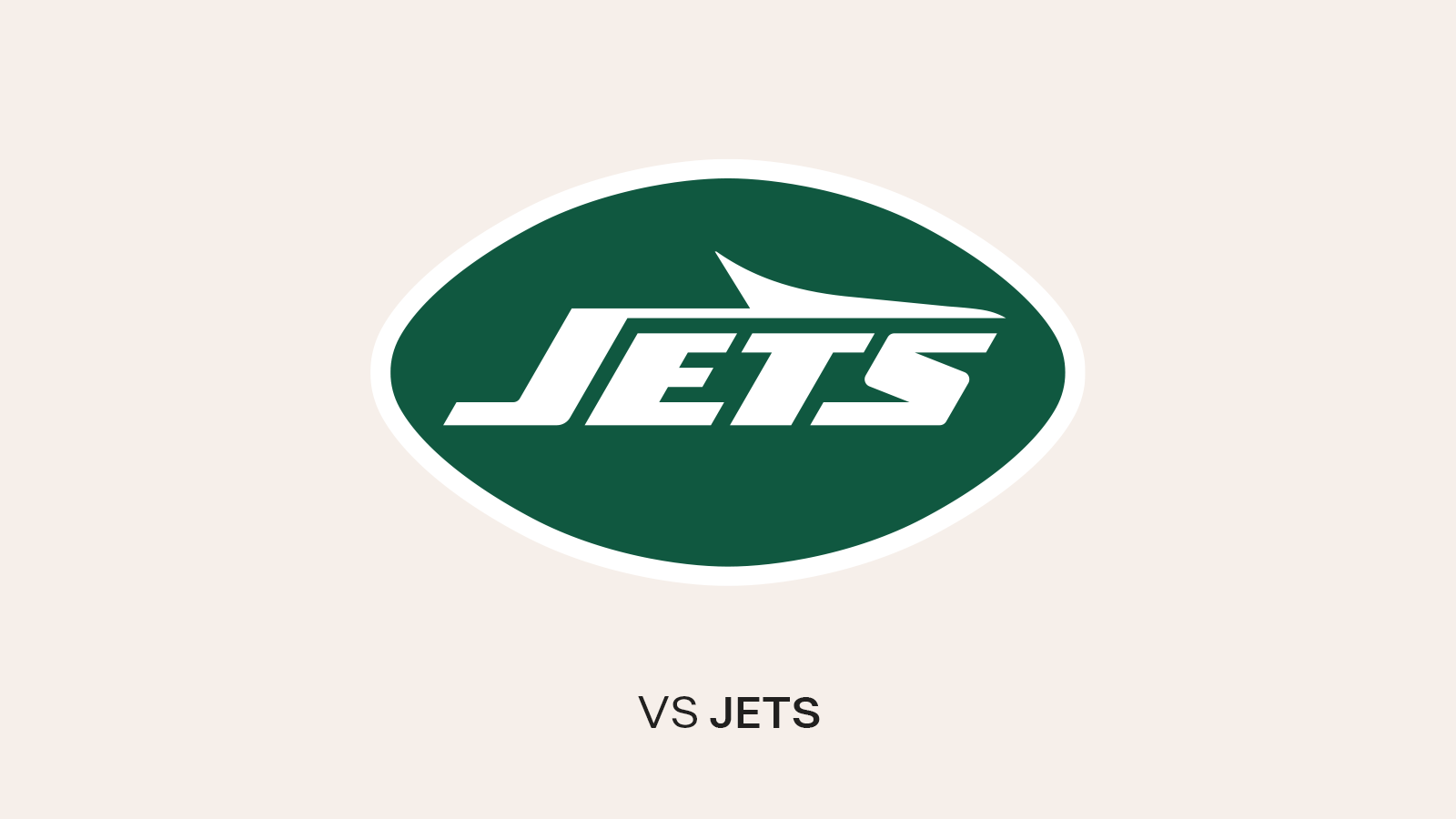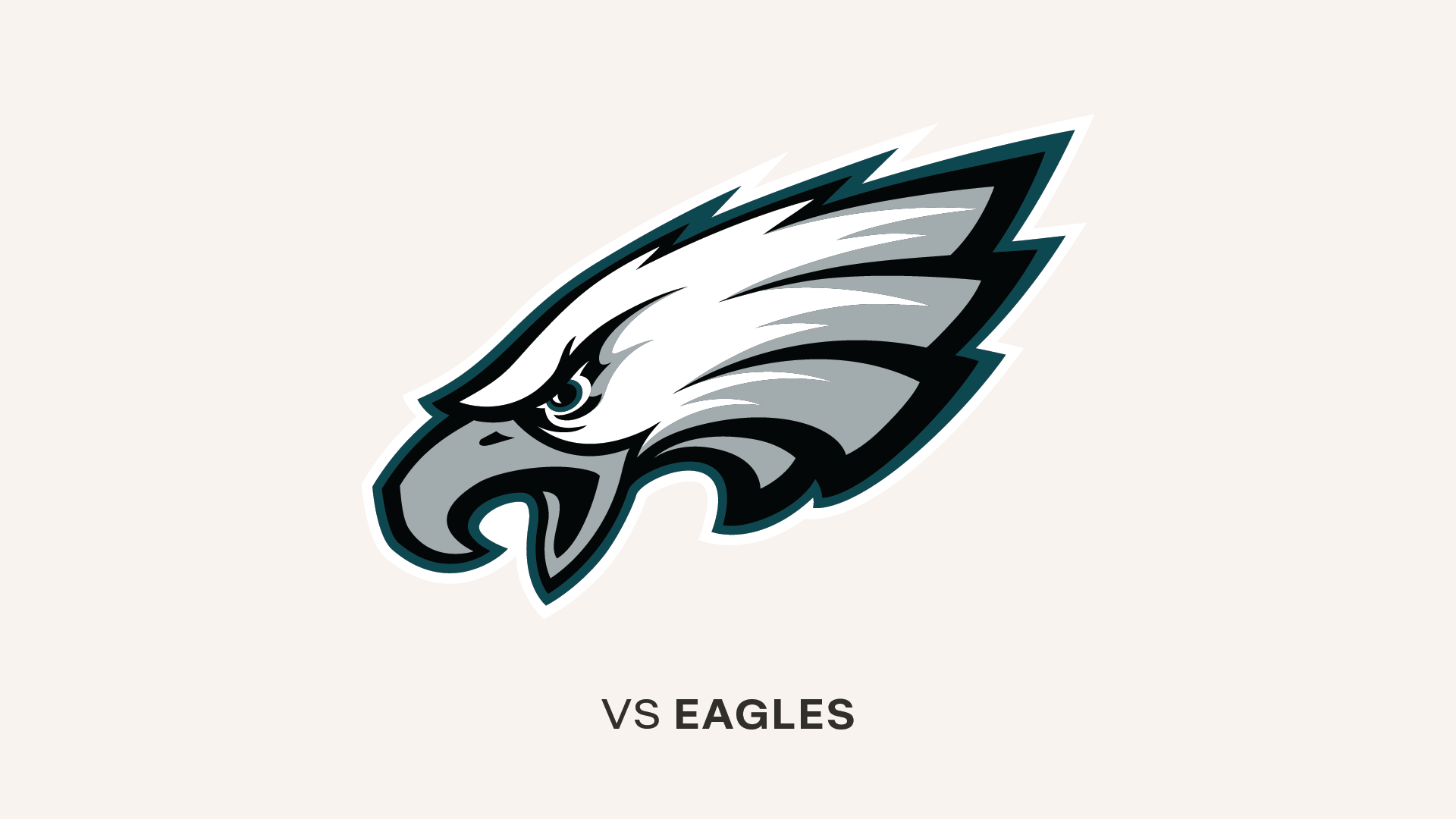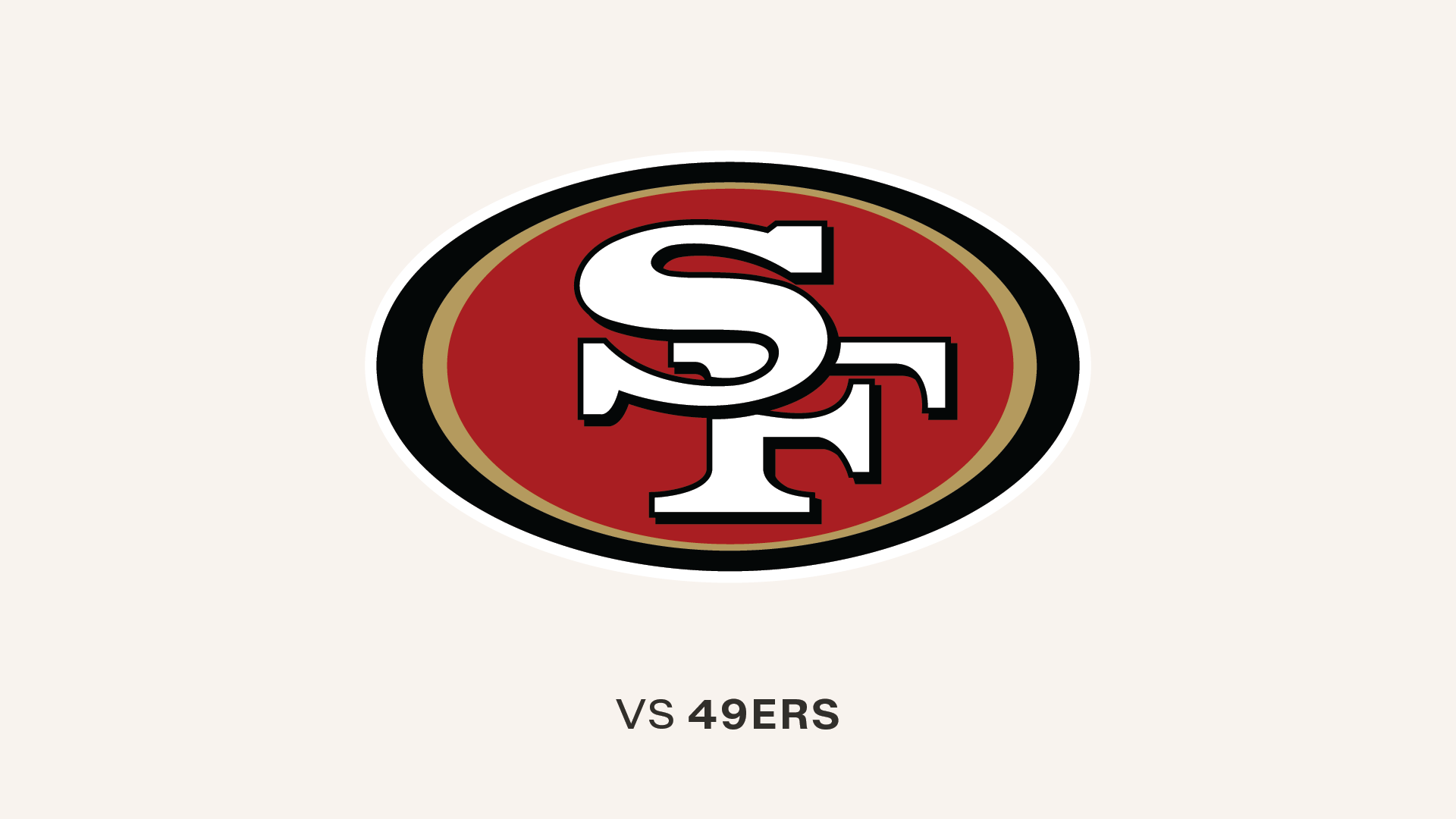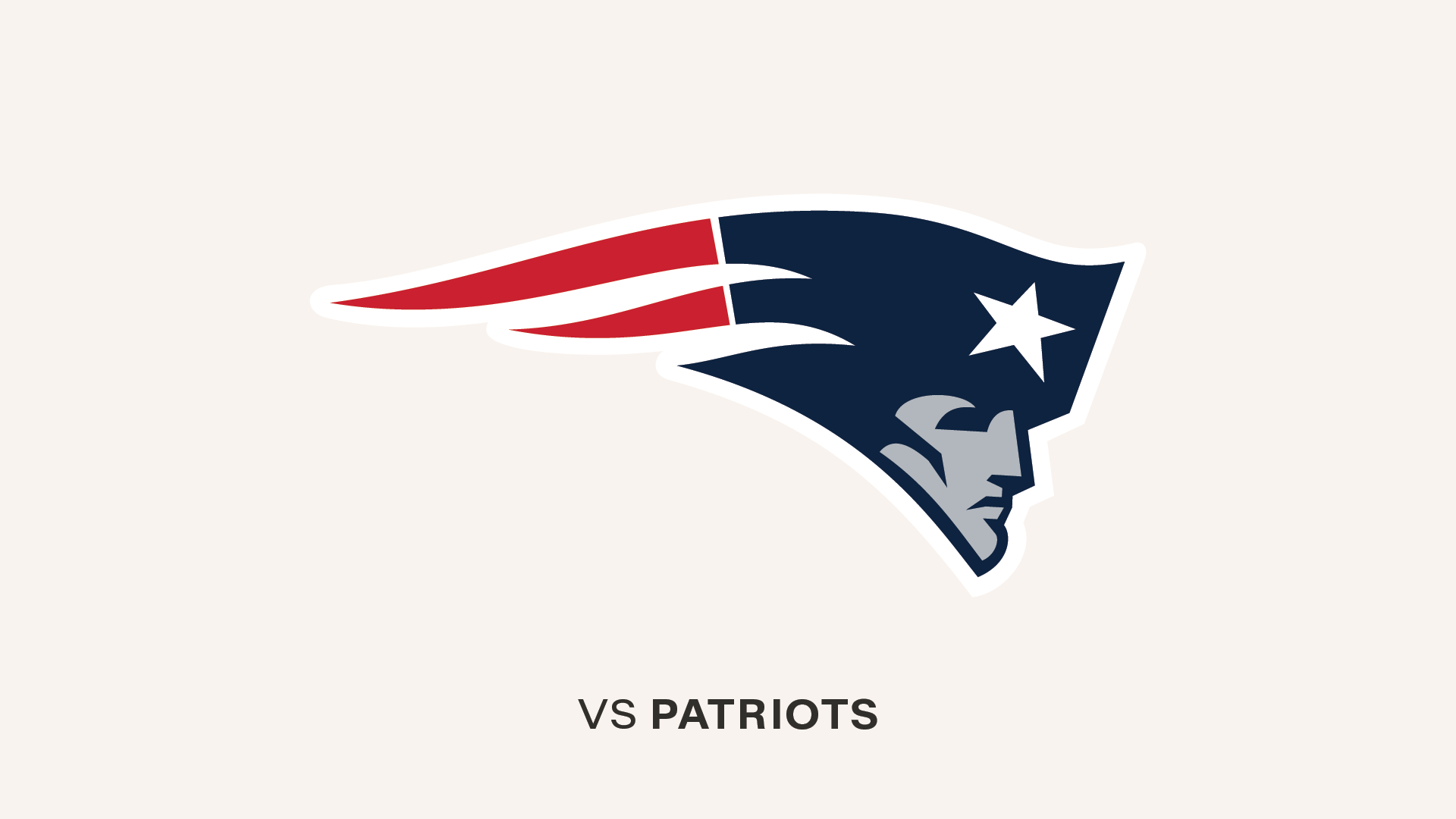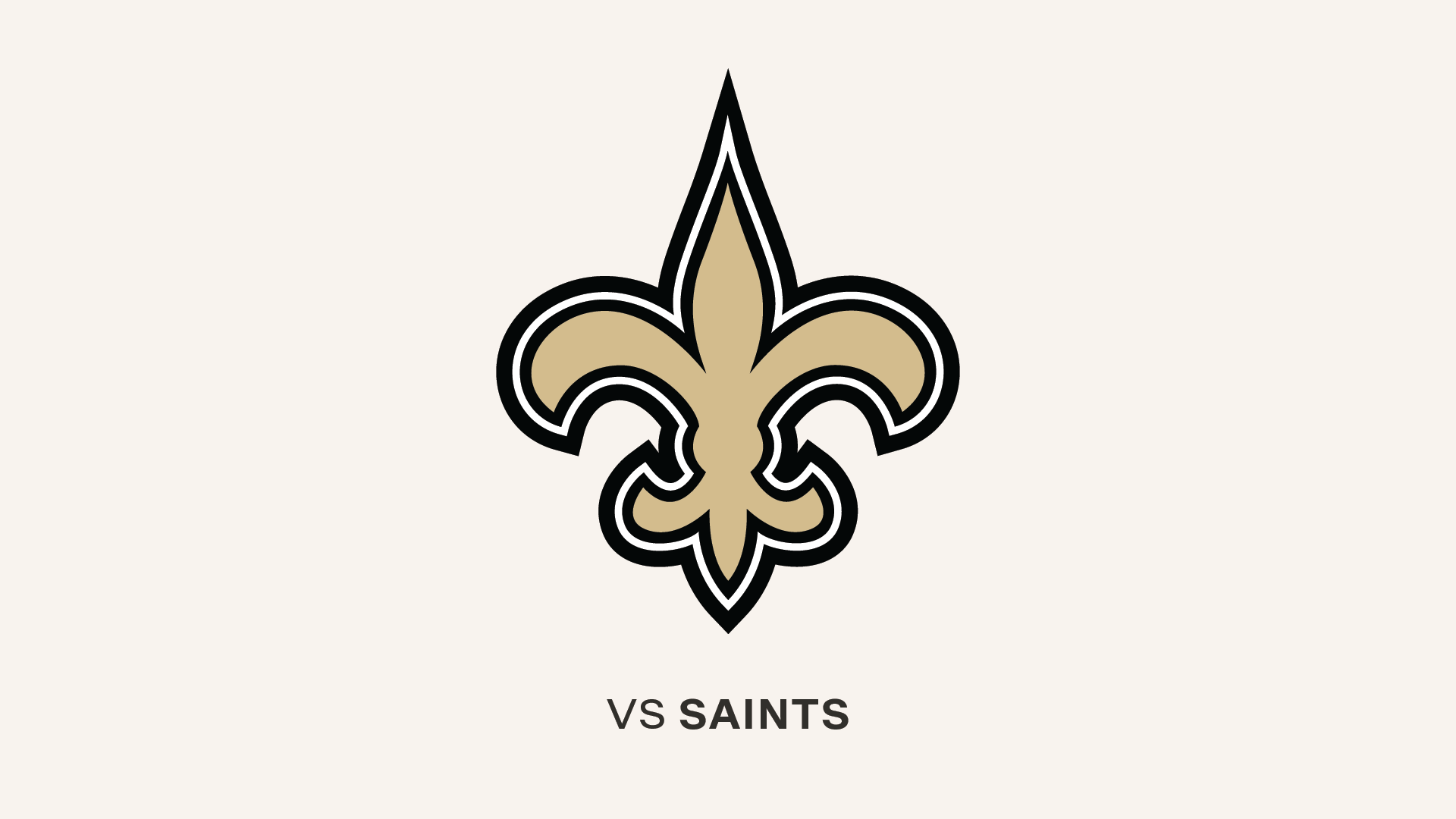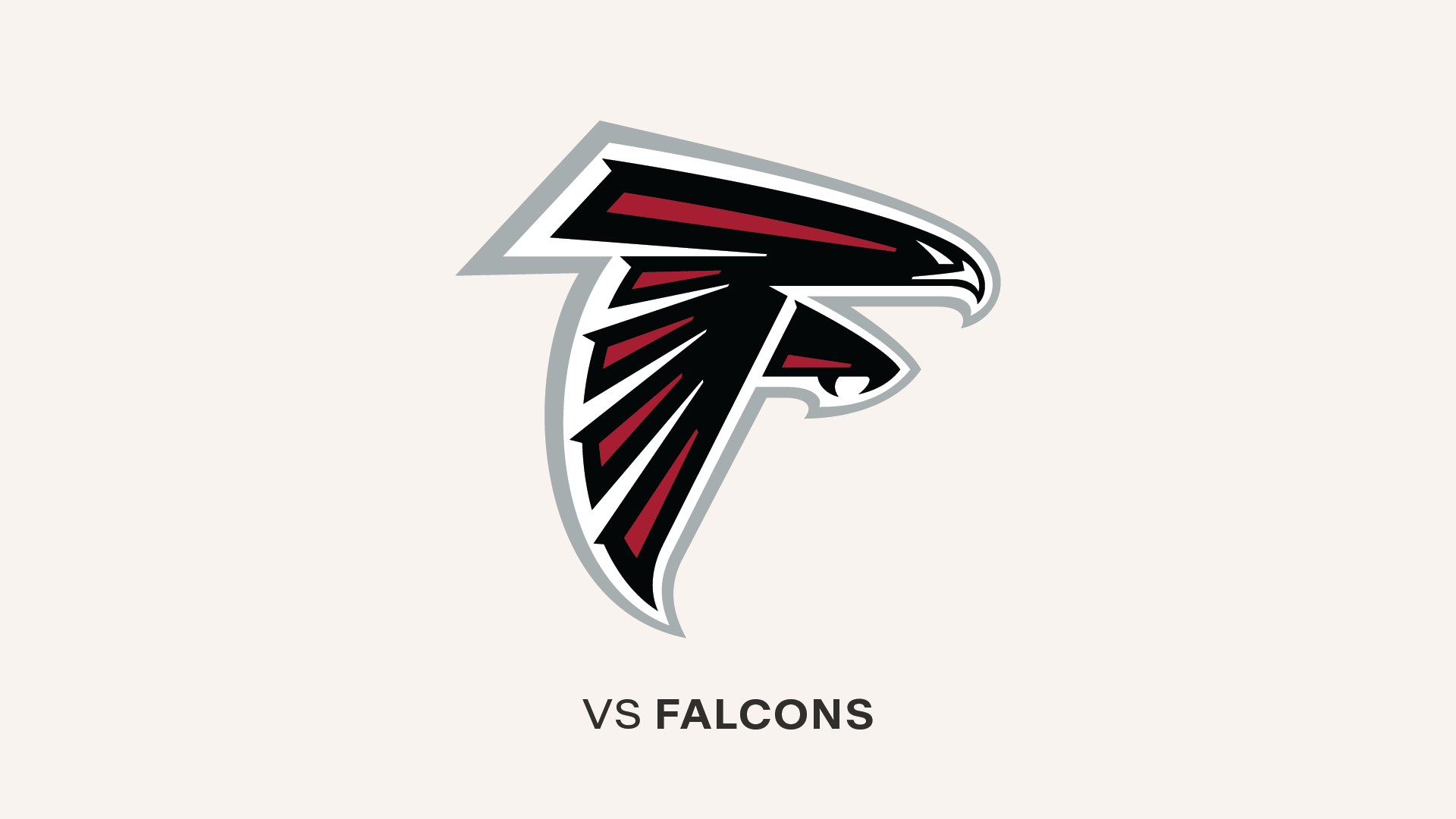Photos of the Buccaneers' complete roster.

2 K John Lunsford
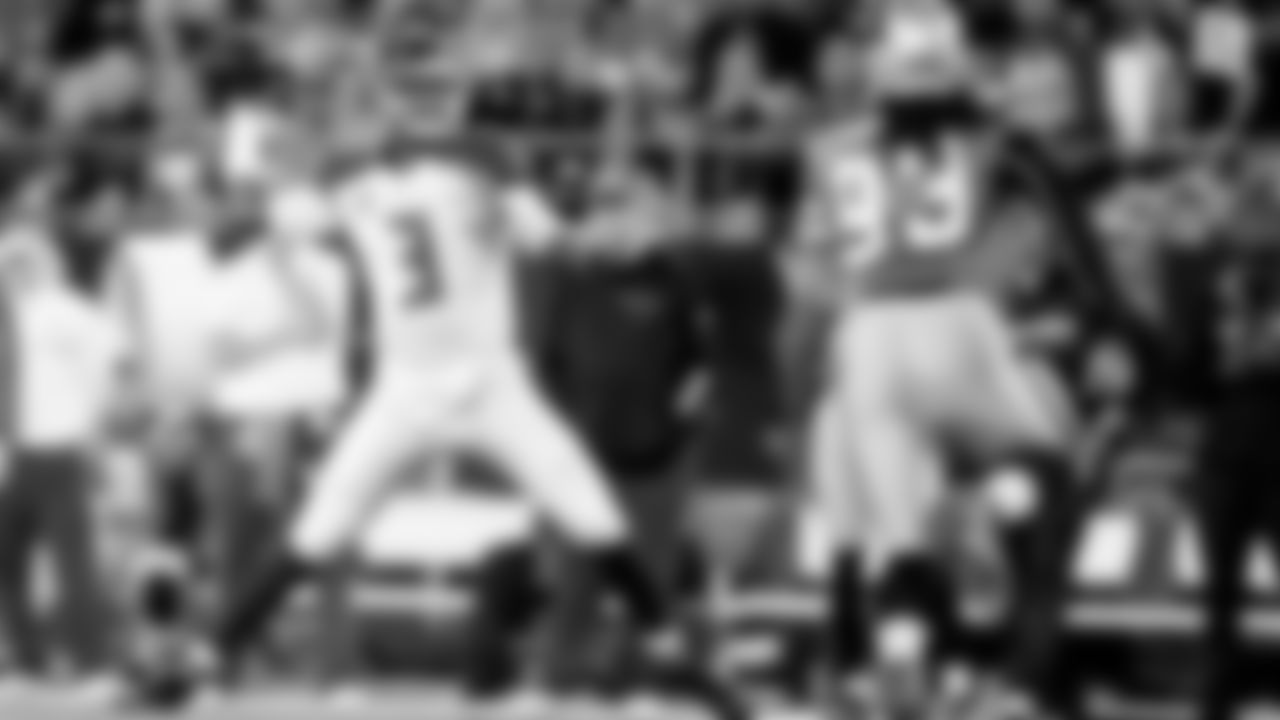
3 QB Jameis Winston

4 QB Ryan Griffin

9 P Bryan Anger

10 WR Adam Humphries

11 WR DeSean Jackson

13 WR Mike Evans

14 QB Sean Renfree
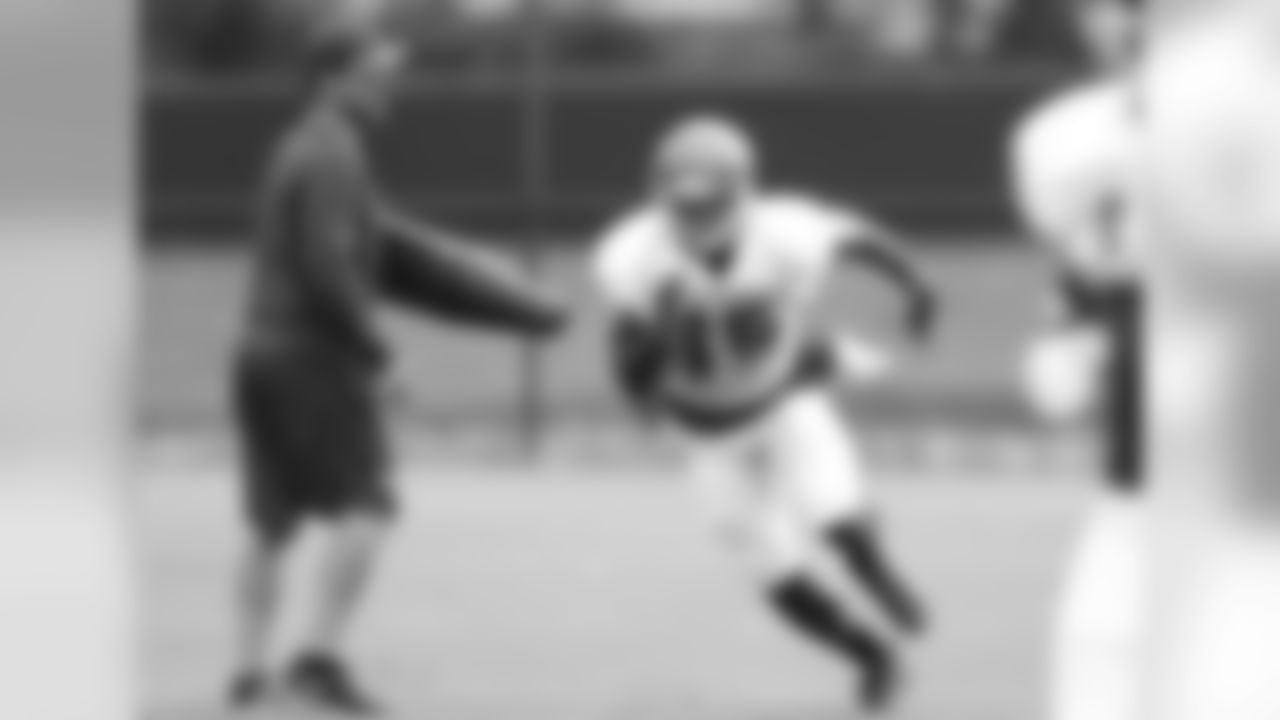
15 WR Josh Huff

16 WR Freddie Martino

17 WR Donteaa Dye

18 WR Bernard Reedy
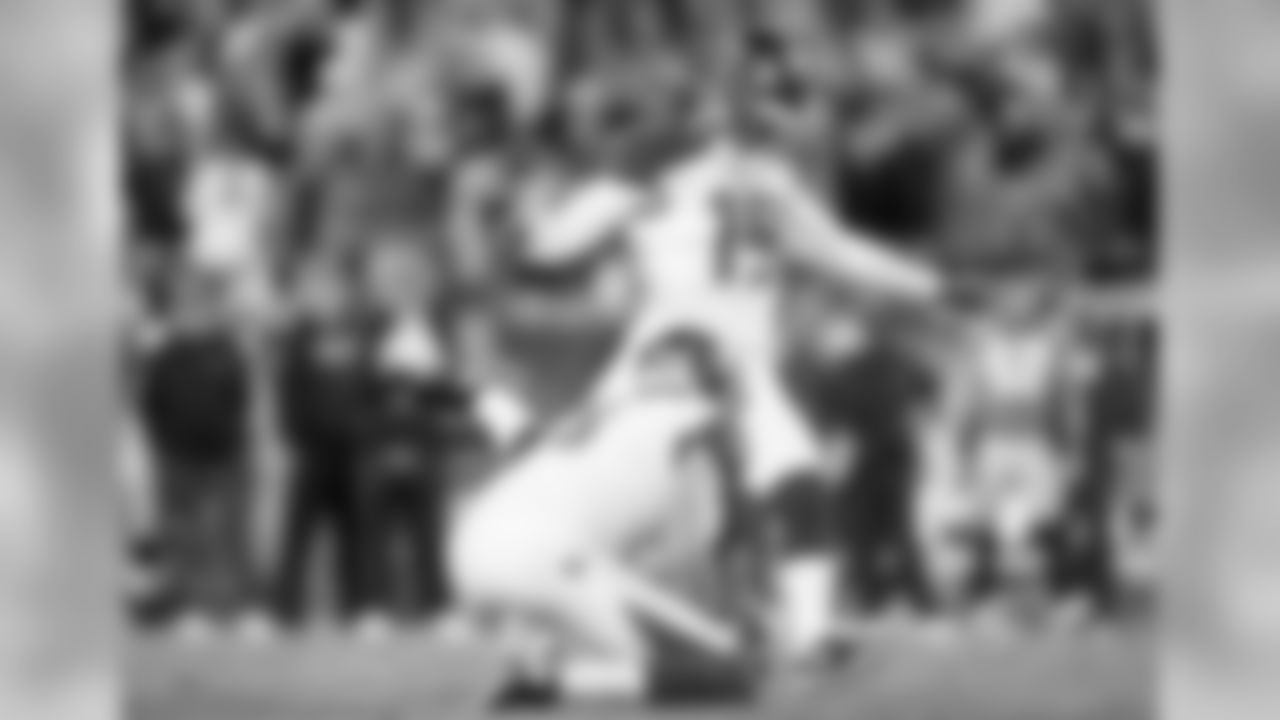
19 K Roberto Aguayo

22 RB Doug Martin
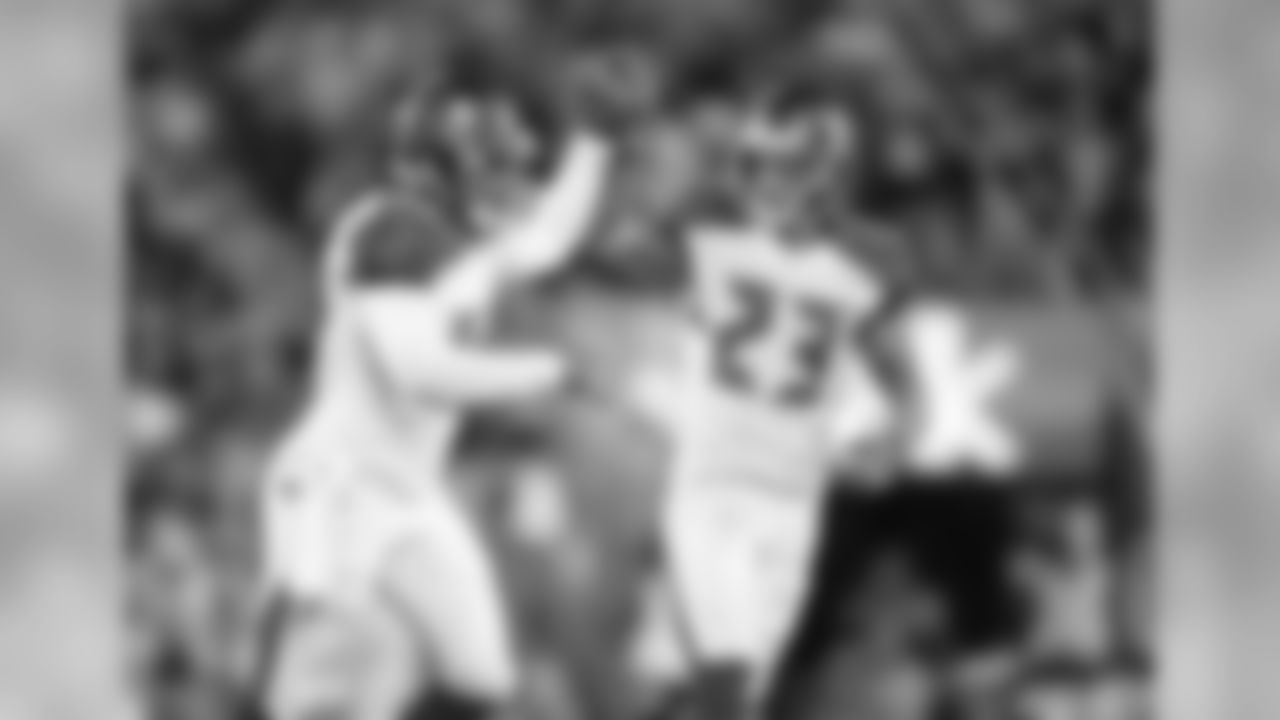
23 S Chris Conte

24 CB Brent Grimes

25 RB Blake Sims
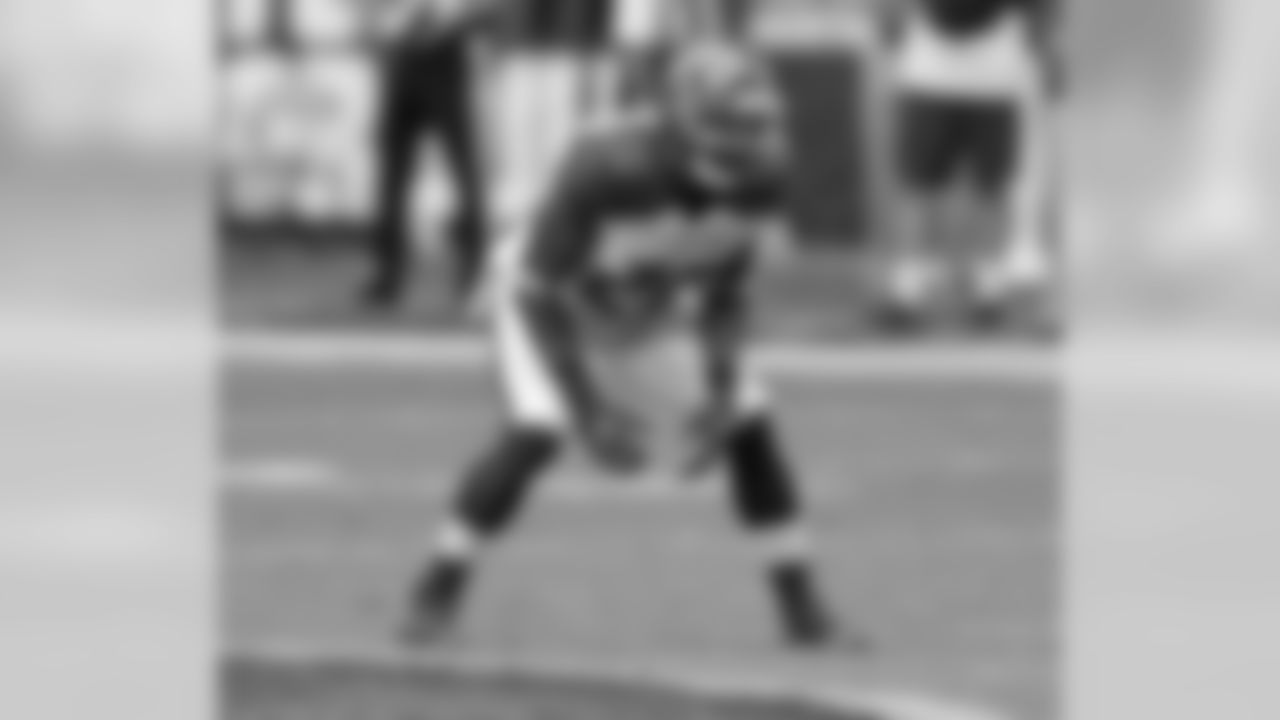
26 CB Josh Robinson

27 S J.J. Wilcox
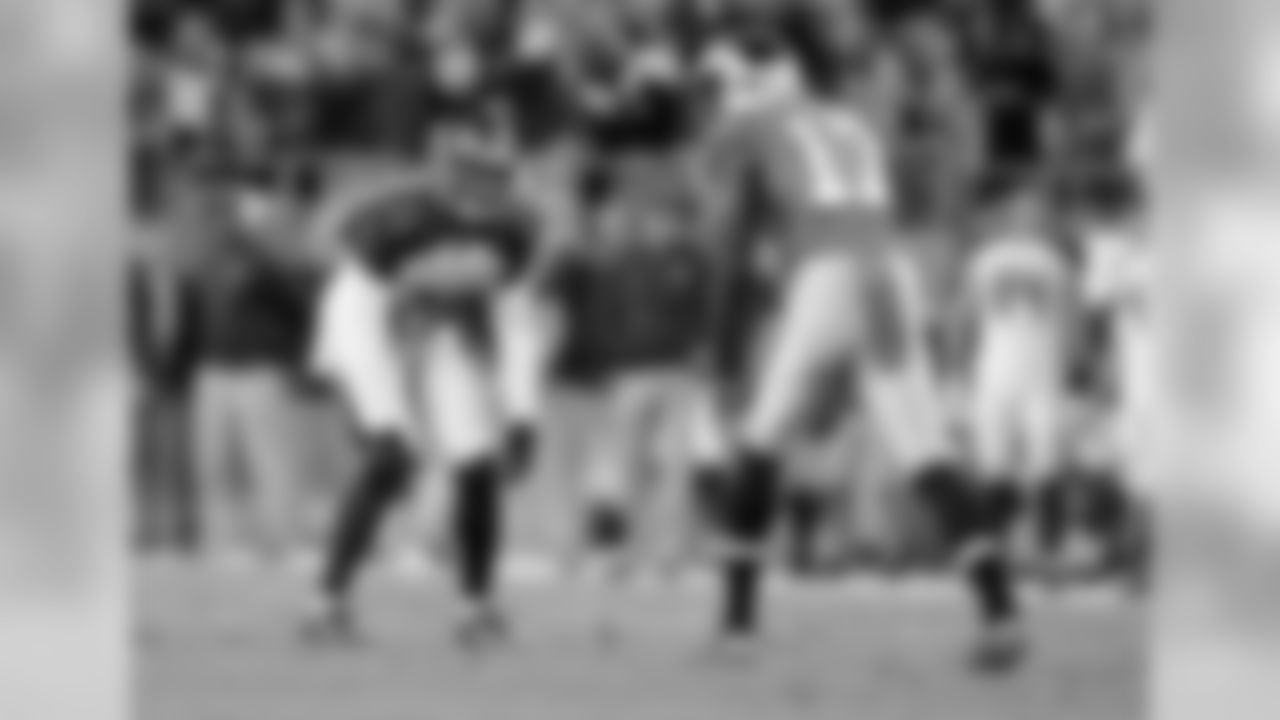
28 CB Vernon Hargreaves

29 DB Ryan Smith

31 CB Cody Riggs

32 RB Jacquizz Rodgers

34 RB Charles Sims
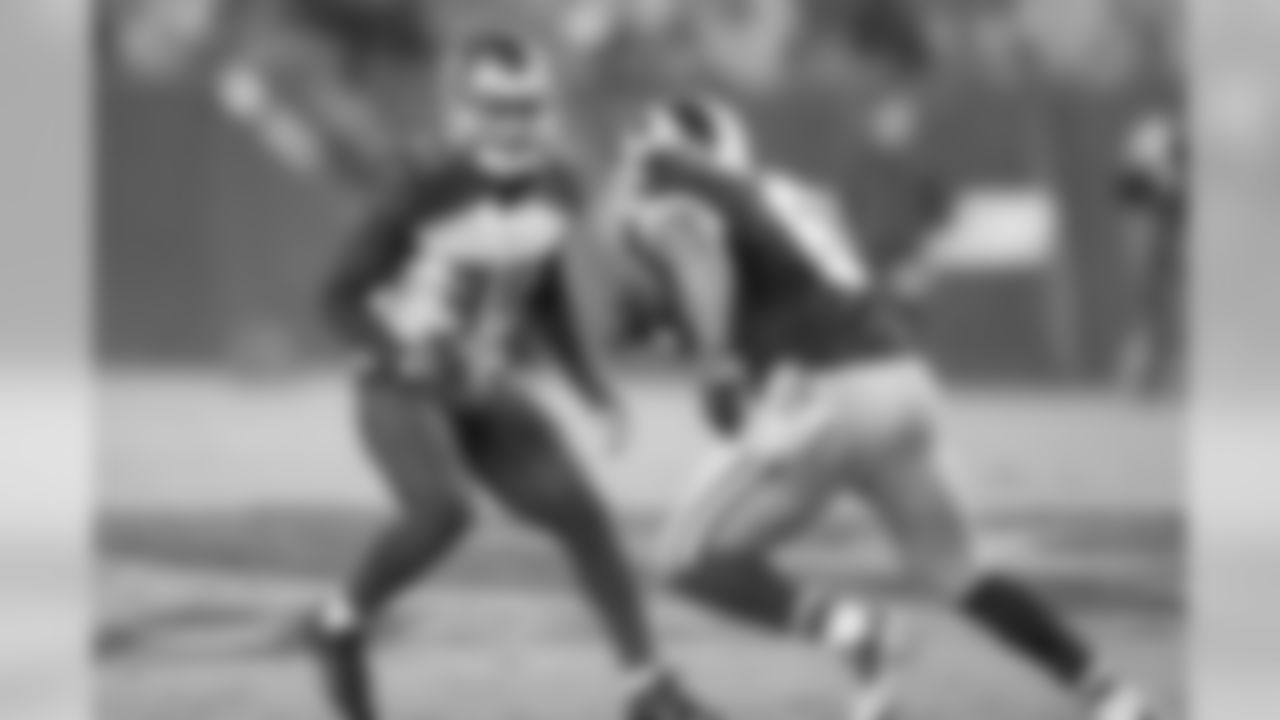
35 CB Javien Elliott

36 RB Quayvon Hicks

37 S Keith Tandy

38 CB Jude Adjei-Barimah

39 S Isaiah Johnson

43 RB Peyton Barber
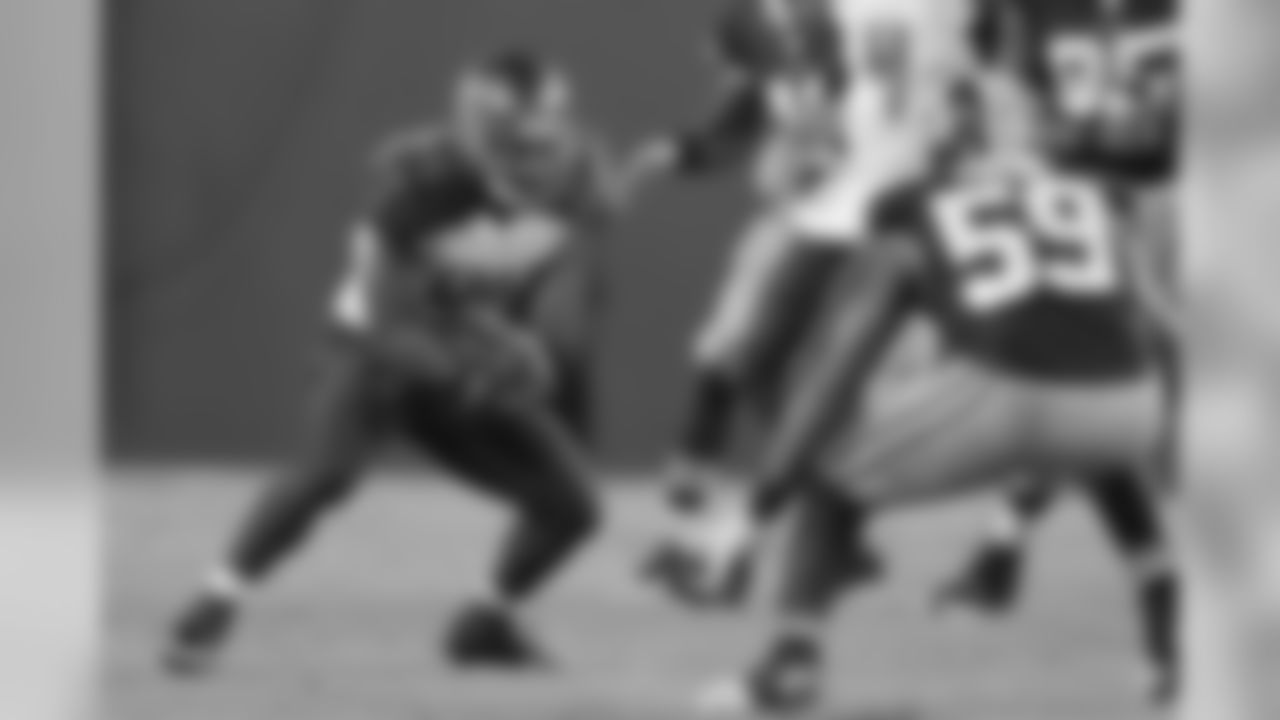
44 RB Russell Hansbrough

45 TE Alan Cross

46 FB Austin Johnson
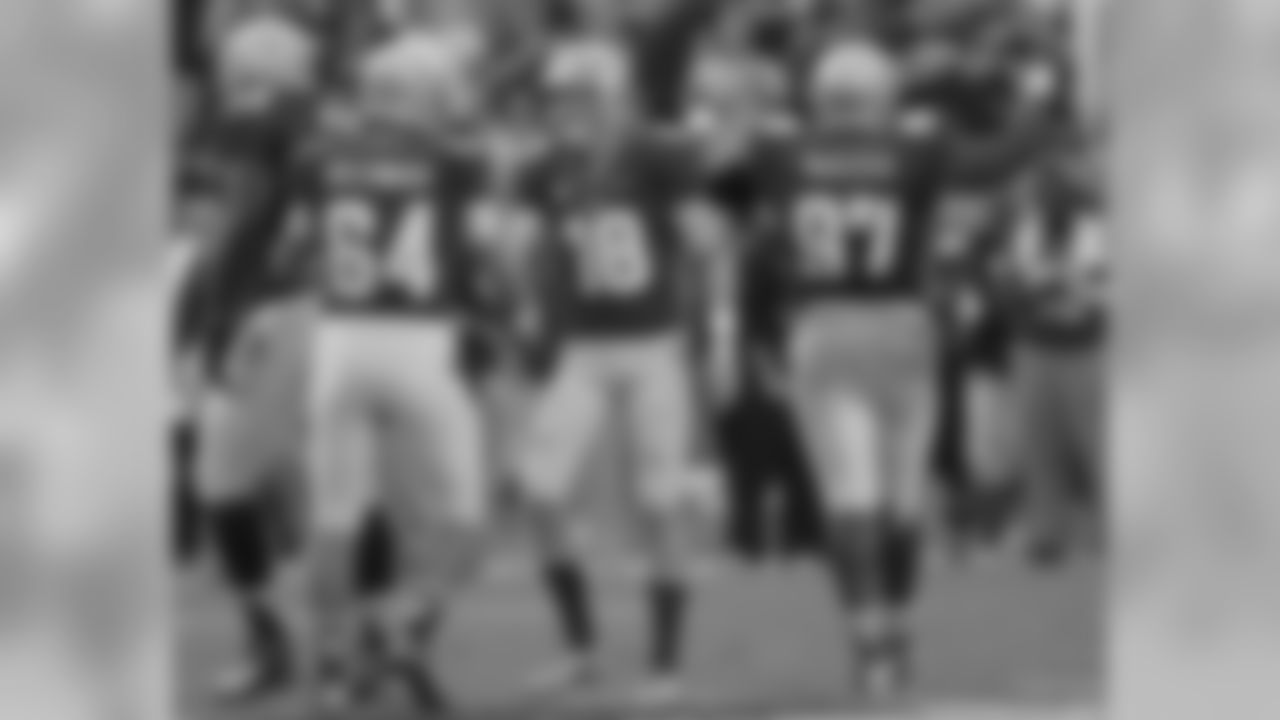
49 LS Dax Dellenbach

52 LB Cameron Lynch

53 LB Adarius Glanton

54 LB Lavonte David

57 DE Noah Spence

58 LB Kwon Alexander

59 LB Devante Bond

60 G Jarvis Harrison

61 C Josh Allen

62 C Evan Smith
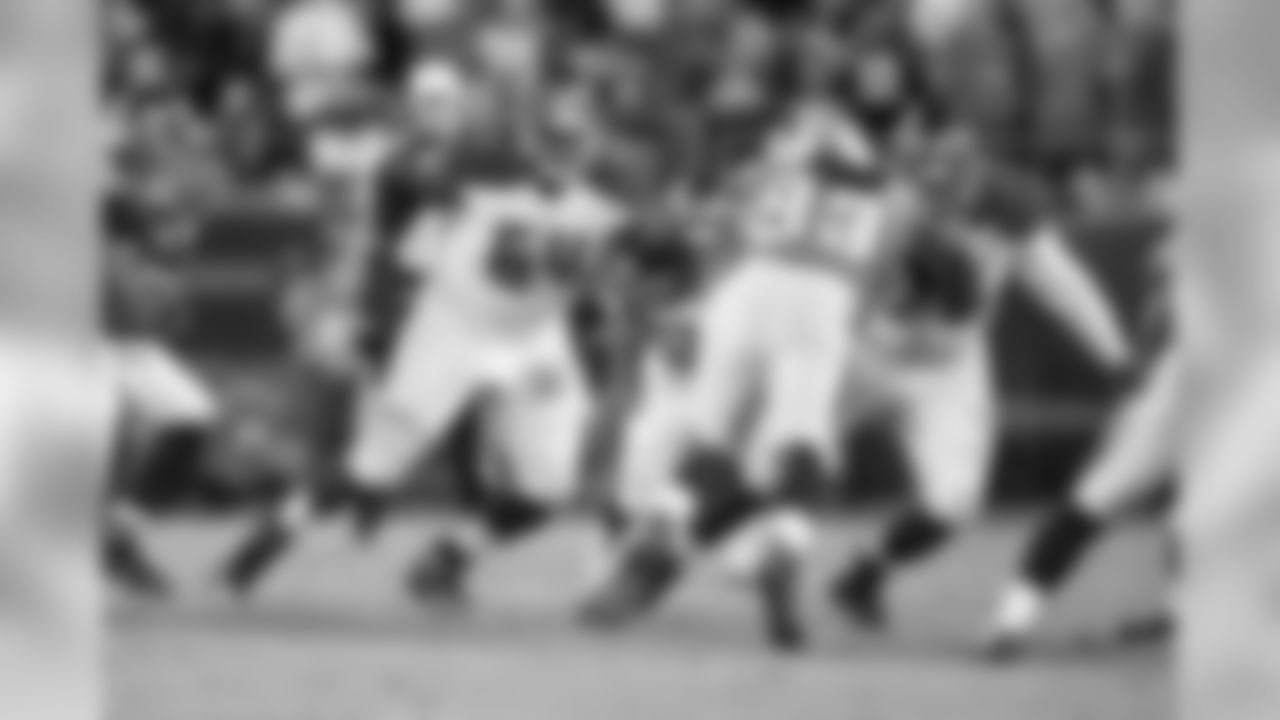
64 OT Kevin Pamphile

65 LS Garrison Sanborn

66 OT Leonard Wester

67 C James Stone

68 C Joe Hawley
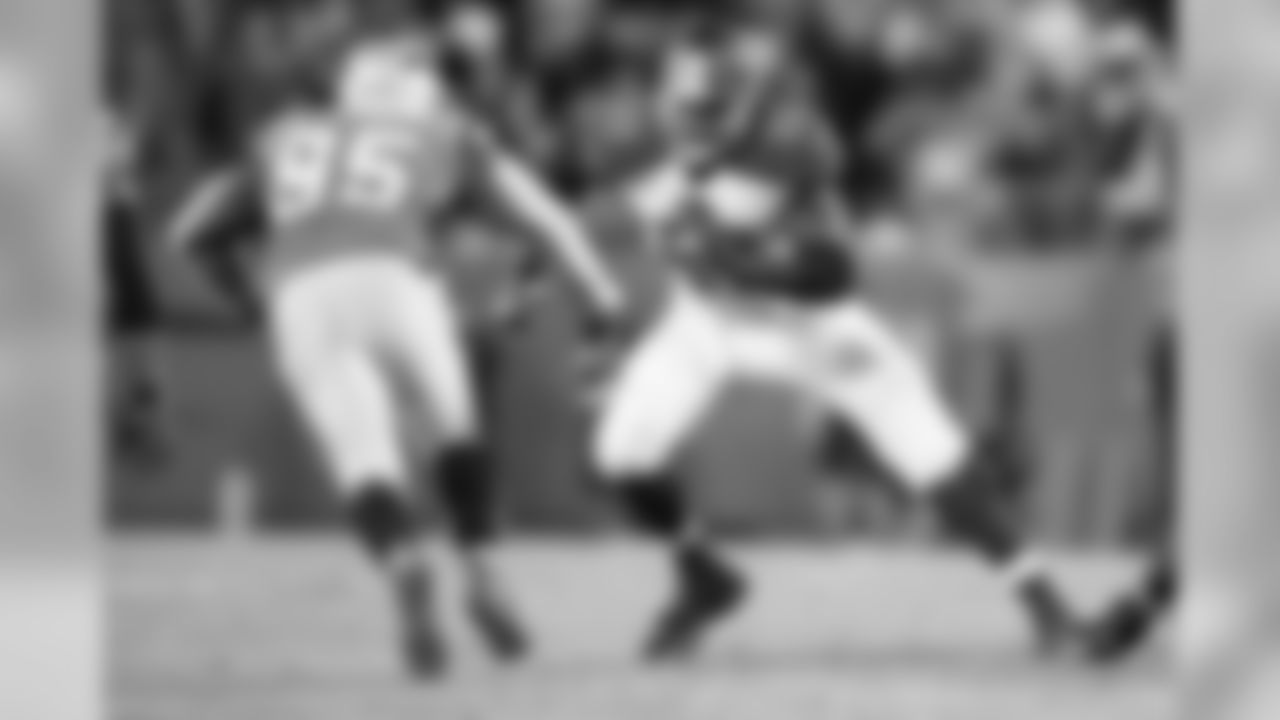
69 OT Demar Dotson

70 OL Michael Liedtke
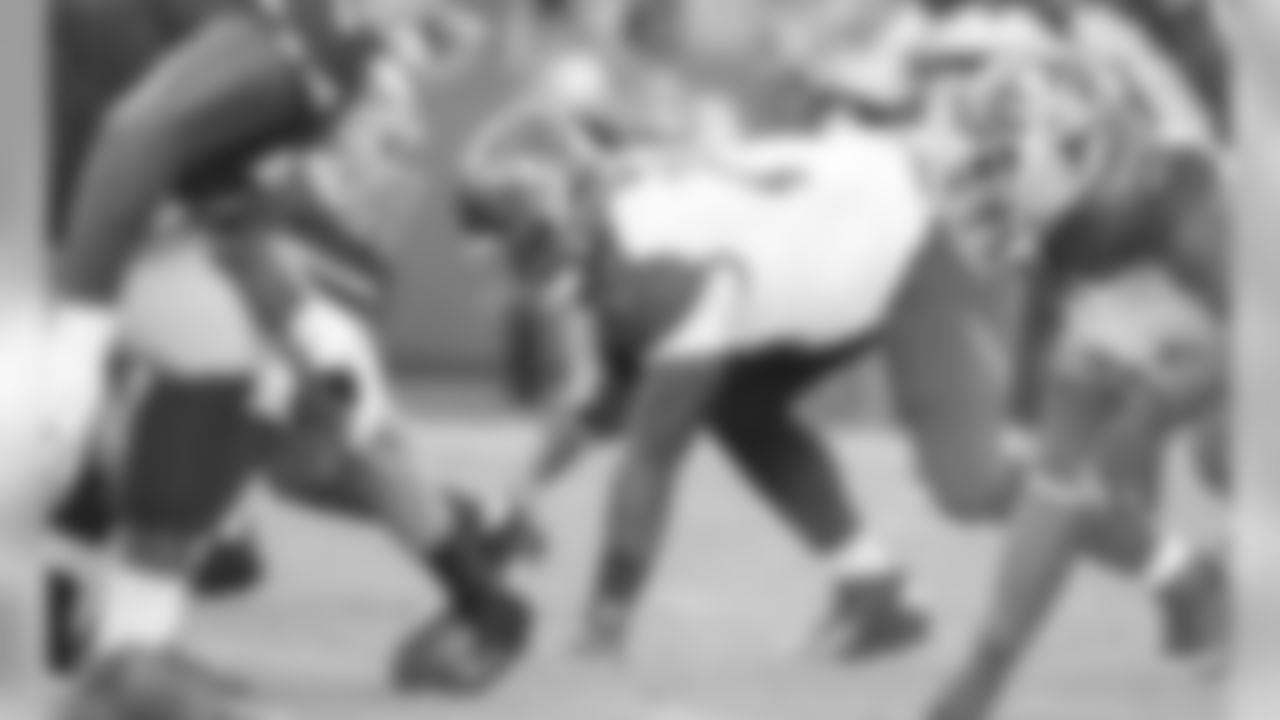
71 DE Channing Ward

72 C Ben Gottschalk

73 G J.R. Sweezy

74 G Ali Marpet

75 DT DaVonte Lambert

76 OT Donovan Smith

77 OL Caleb Benenoch

81 TE Tevin Westbrook
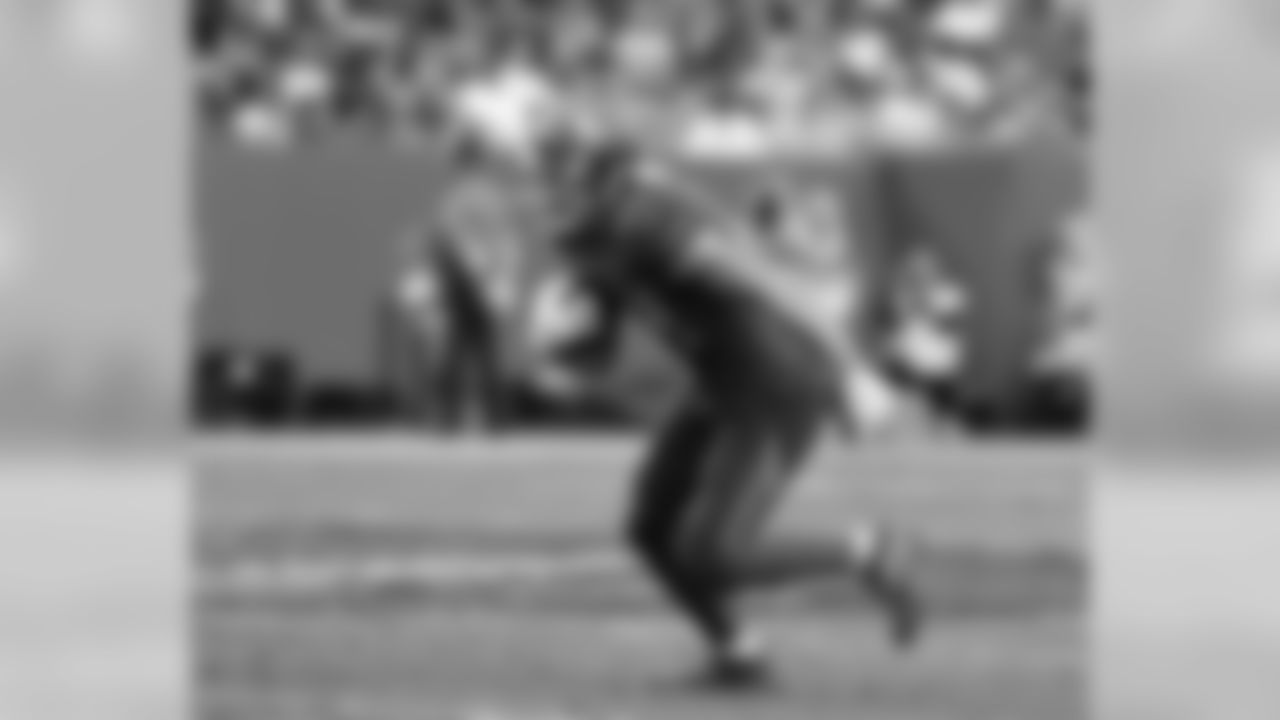
84 TE Cameron Brate

86 TE Kivon Cartwright

87 WR Derel Walker

88 TE Luke Stocker

90 DE Chris Baker

91 DE Robert Ayers

92 DE William Gholston

93 DT Gerald McCoy

94 DE George Johnson
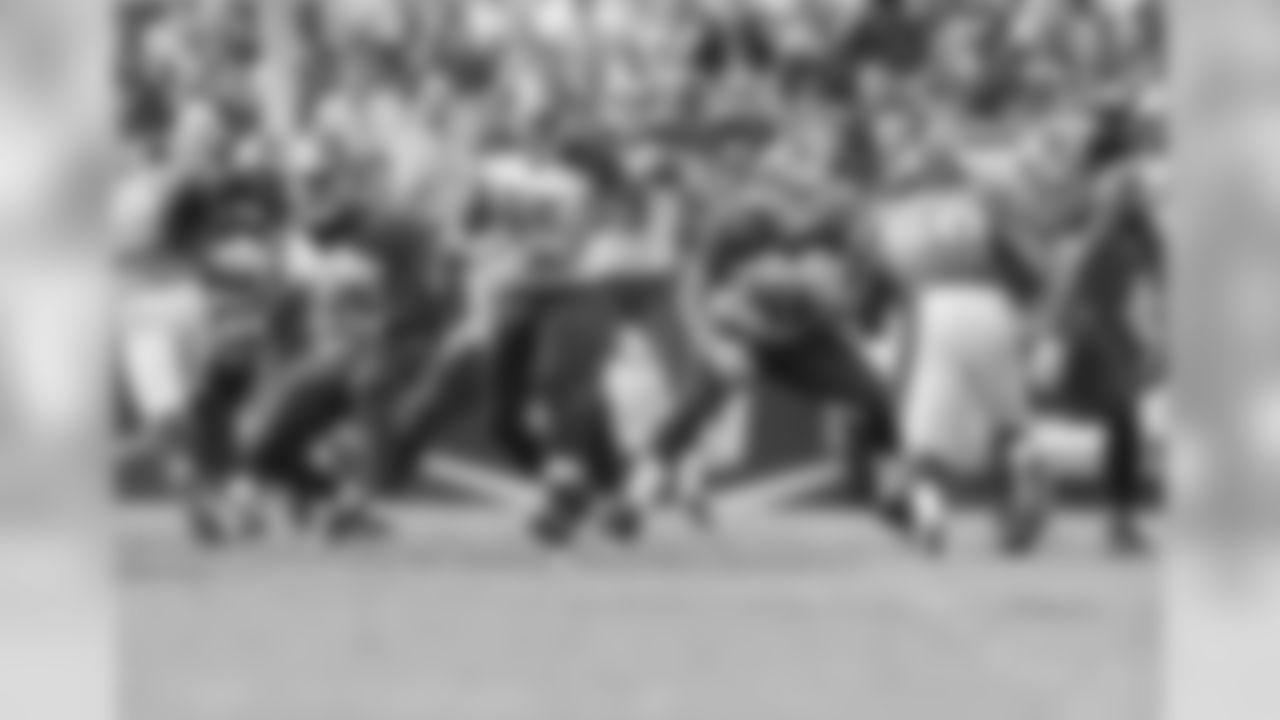
96 DE Ryan Russell

96 DE Sealver Siliga

98 DT Clinton McDonald

K Nick Folk
The National Football League is an enormous entertainment industry, and it tweaks its presentation on an annual basis. Sometimes it's rule revisions (e.g. changing overtime procedures), sometimes it's a matter of product saturation (e.g. putting games on Thursday night) and sometimes it's a fundamental change to the game process (e.g. introducing replay review).
Sometimes these alterations are a success, and sometimes they lead to further tweaking. The new kickoff touchback rule, for instance, may soon fall into that latter category if it continues to produce results opposite of its intention.
RELATED: GOODELL'S LETTER TO FANS
On Wednesday, NFL Commissioner Roger Goodell sent a letter to fans about proposed "pace of game" changes that will be discussed at next week's league meetings in Phoenix. The proposals are a response to feedback from fans regarding the NFL viewing experience. Specifically, the league wants to minimize "unnecessary disruptions to the game on the field" and improve the "flow" of the action.
These changes – assuming they are approved en masse or for the most part – will fall into the former category above. They'll work and improve the fan experience because they are all essentially common sense.
Goodell essentially nods to this idea near the end of his letter when he says, "For example, we know how annoying it is when we come back from a commercial break, kick off, and then cut to a commercial again. I hate that, too. Our goal is to eliminate it."
Yes, everyone hates that, and it's something the league should be able to correct fairly easily, with the cooperation of its broadcast partners. Most of the specifics mentioned in Goodell's letter are in the same vein: They are simple, easy to implement and difficult to argue with.
For instance, the league wishes to standardize halftime lengths in all games (the Super Bowl presumably excluded) in order to "return to the action as quickly as possible." Honest reaction: I thought this was already the case. The NFL's Game Operations Manual, which is a tidy 271 pages long, includes this "reminder" that there will be "no deviation from the pregame time schedule, or the 12-minute halftime…" However, team officials or the broadcast team could request and be granted extra time between halves, as when a team was holding a special ceremony on the field. Presumably, that option would go away, and it's hard to imagine there being much resistance to the idea.
Some of it simply requires teams to stay on their toes in a couple instances in which the running of the play clock was relaxed. After a touchdown is scored, there is currently no play clock. The same is true following an extra point after which the broadcast does not go to commercial. The league may add a play clock to these situations, which would simply require teams to be ready with their extra point and kickoff/kickoff return units, much as they are for the vast majority of the game's plays. NFL staffs are very good at this already; it would be a simple adjustment.
And again, this is not a drastic change in procedure. The NFL rulebook already lists a "try" (another term for an extra point attempt) as one of the game-stoppages after which a 25-second clock is supposed to apply. This seems more a matter of enforcement, as with halftime.
Part of the proposal is to "standardize the starting of the clock after the runner goes out-of-bounds," which again was something I thought was already a standard part of game operations. For most of the game, the clock stops when the ballcarrier goes out of bounds and starts again when the officials spot the ball. During the last five minutes of either half, it stops until the ball is snapped. Goodell's letter does not specify what "standardizing" this rule would mean, but perhaps the clock would start again at the spot of the ball in all situations. That line might also refer to re-starting the play clock, though it does not specifically say so, whereas the other lines specifically say "play clock." Either way it's unlikely most fans would even notice such a change, but if it improves the flow of the game it is – again – a matter of common sense.
Pictures of the Buccaneers' running backs.

Peyton Barber

Peyton Barber
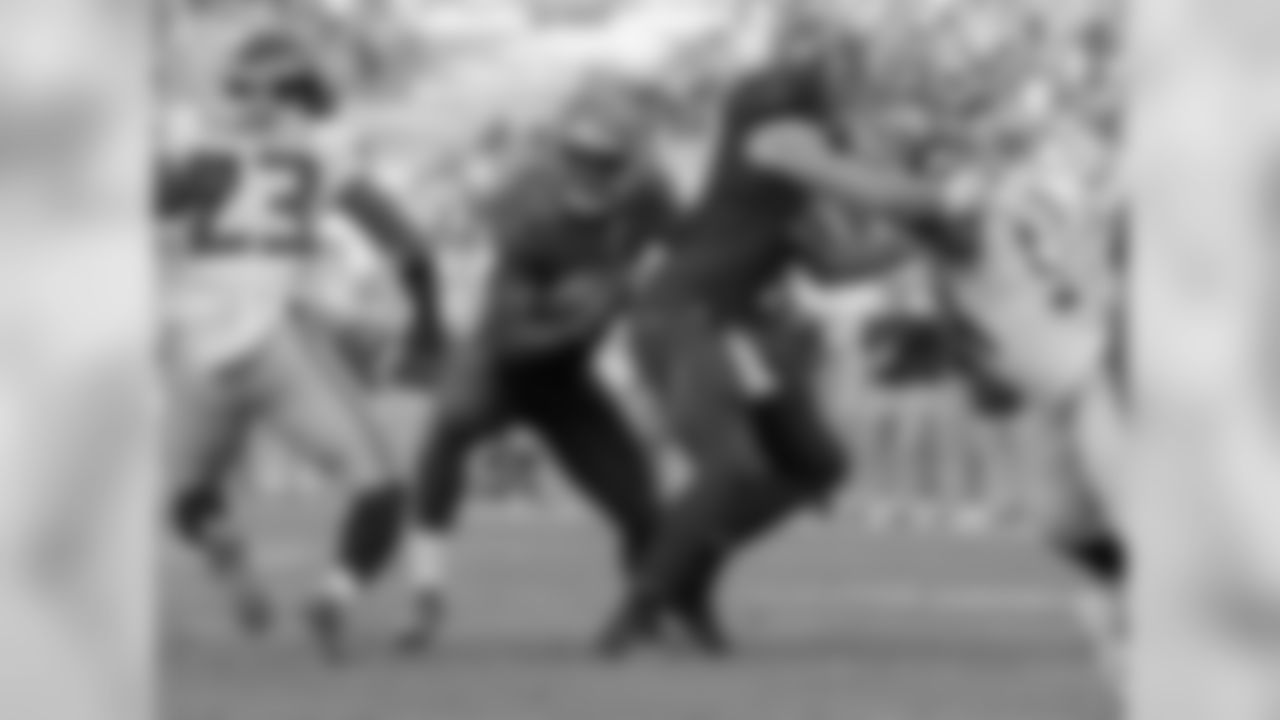
Peyton Barber

Peyton Barber

Peyton Barber

Russell Hansbrough

Russell Hansbrough

Russell Hansbrough

Russell Hansbrough

Russell Hansbrough

Quayvon Hicks

Quayvon Hicks
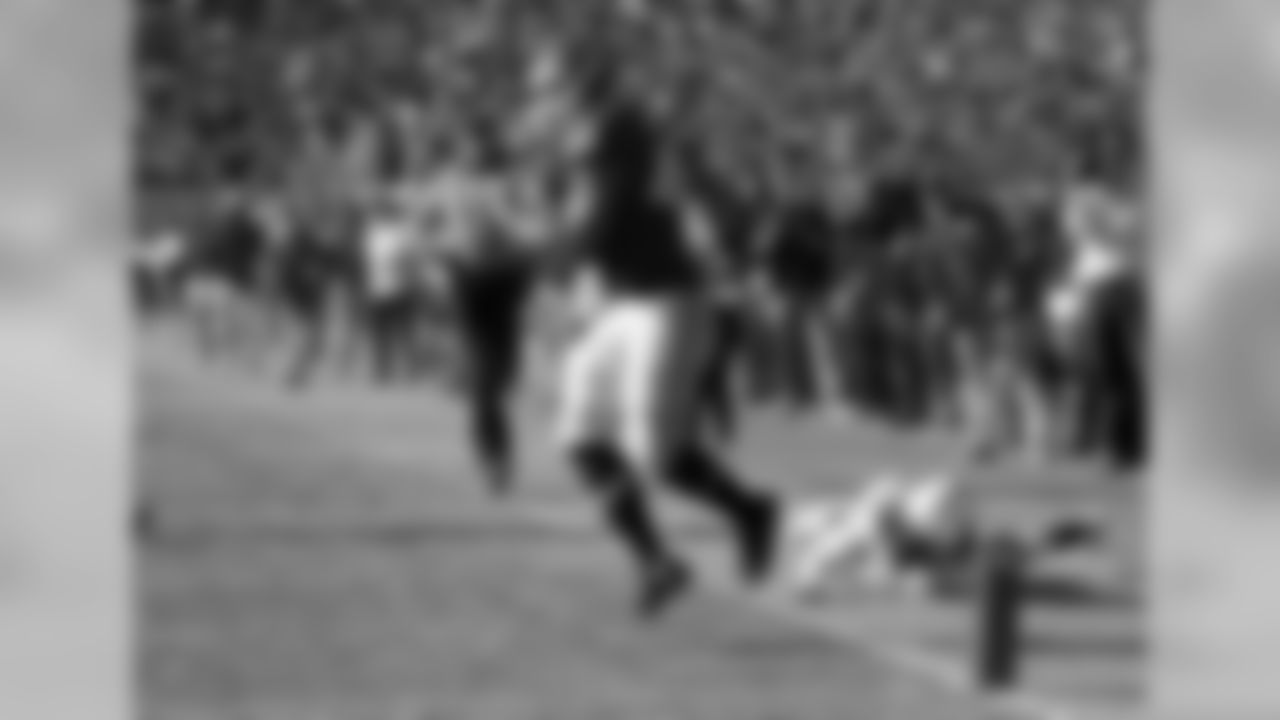
Quayvon Hicks
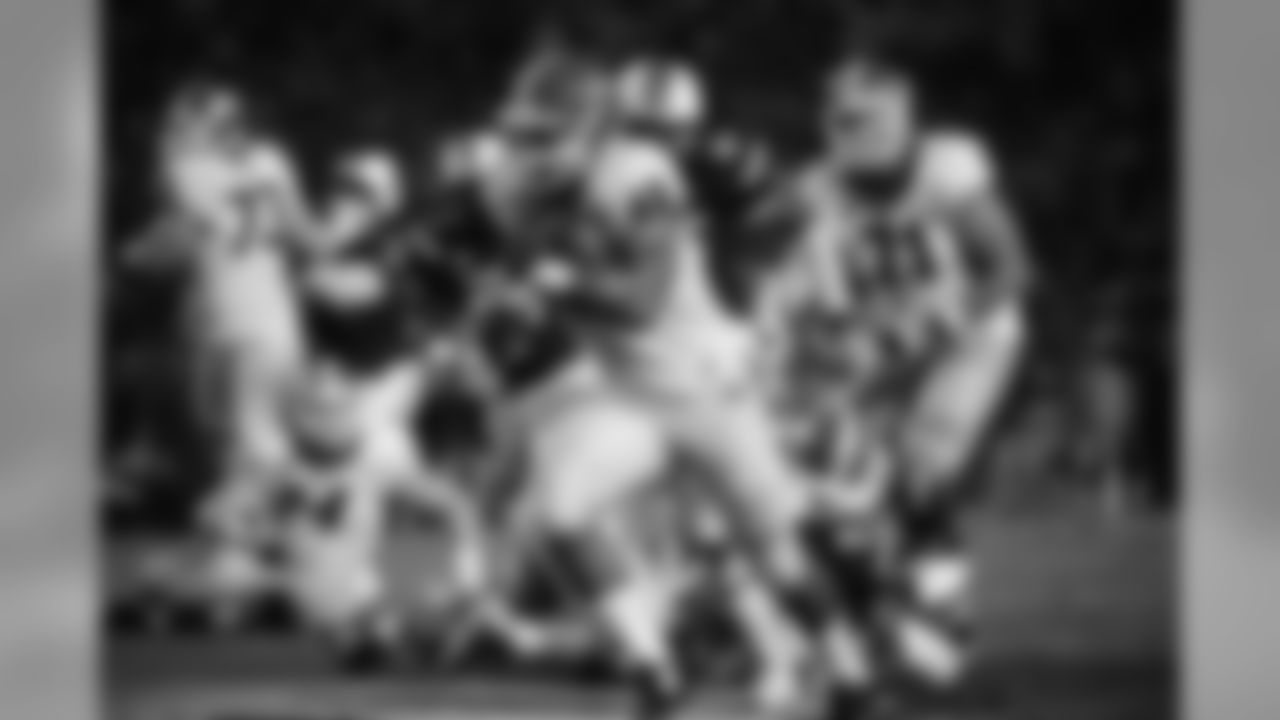
Quayvon Hicks

Quayvon Hicks

Doug Martin

Doug Martin

Doug Martin

Doug Martin

Doug Martin

Jacquizz Rodgers

Jacquizz Rodgers

Jacquizz Rodgers
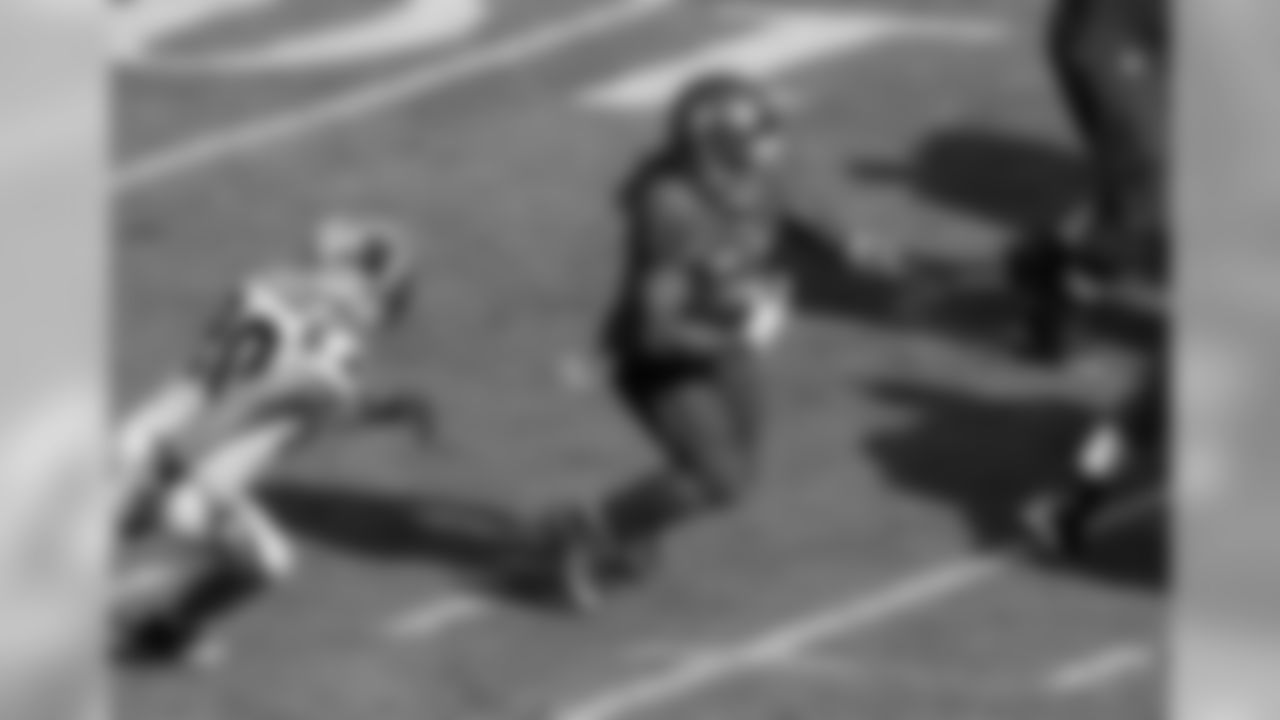
Jacquizz Rodgers

Jacquizz Rodgers

Blake Sims

Blake Sims

Blake Sims

Blake Sims

Blake Sims

Charles Sims

Charles Sims

Charles Sims

Charles Sims
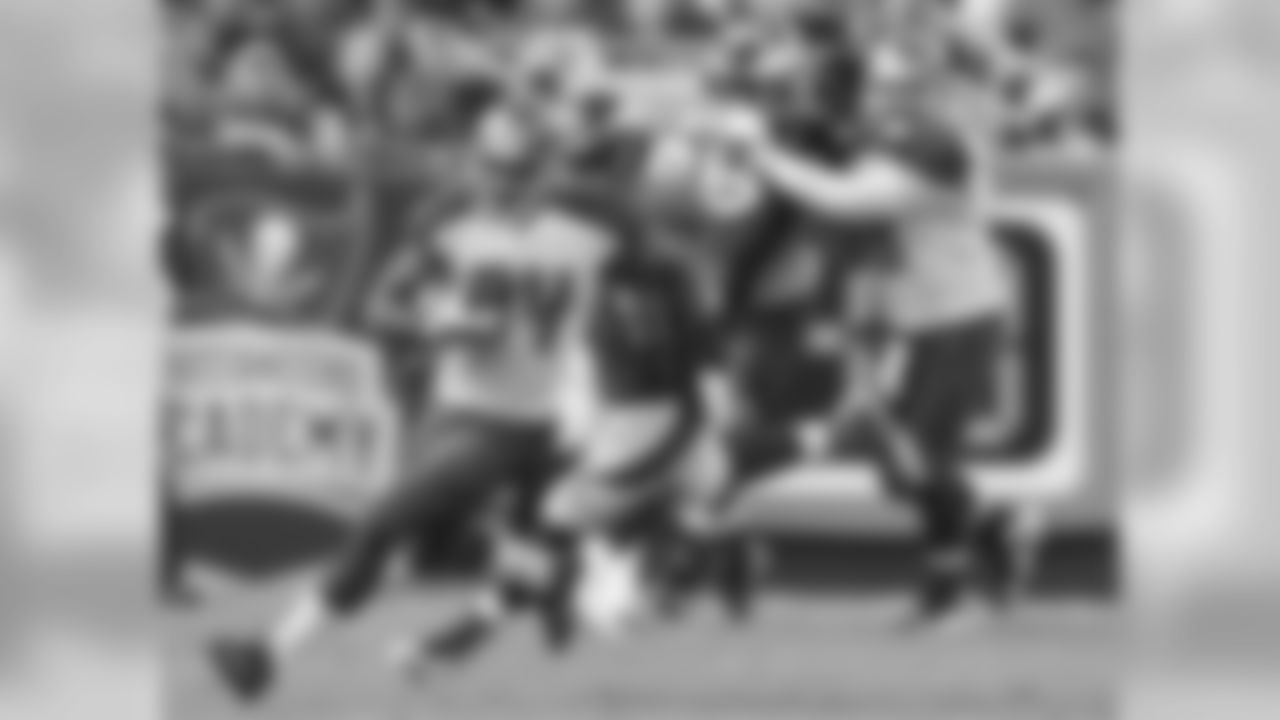
Charles Sims

Jeremy McNichols
The most significant proposed change, and the one that would require the most infrastructure and effort to enact, is in how replay challenges would be resolved. The league wishes to centralize the decision-making process at its officiating headquarters in New York. When a call is challenged, a tablet with the replays will be brought to the referee, who will then discuss the play with the officials in New York. The NFL believes this will "improve consistency and accuracy of decisions," not to mention speeding up the game.
It's fair to be skeptical of the first half of that claim until it is proven in actual practice. It does make sense, however: A single well-informed official in New York (or a small group of said officials) would seem likely to apply rule interpretations more consistently than 16 different sets of game officials. The second proposed benefit – a faster replay process – would presumably be a surer thing if it is a specific and emphasized mandate on the crew in New York.
Here's one on which we can all agree: Fewer commercial breaks during a game would be a good thing. That requires a concession, of course, as broadcast partners are not going to willingly relinquish a big portion of their revenue source. So you have fewer commercial breaks but they all last a little longer, two minutes and 20 seconds instead of one minute and 50 seconds. Perhaps I can't speak for every NFL fan, but I would gladly take that tradeoff. Thirty more seconds for a bathroom break.
Changes to the great NFL game are rarely made without serious debate, both among team and league officials and among fans. These ideas, however, shouldn't meet much resistance as they are mostly common-sense changes that would result in something just about every football fan would appreciate: faster-paced entertainment with fewer interruptions.
Now if we could just get rid of those dumb excessive-celebration rules.








